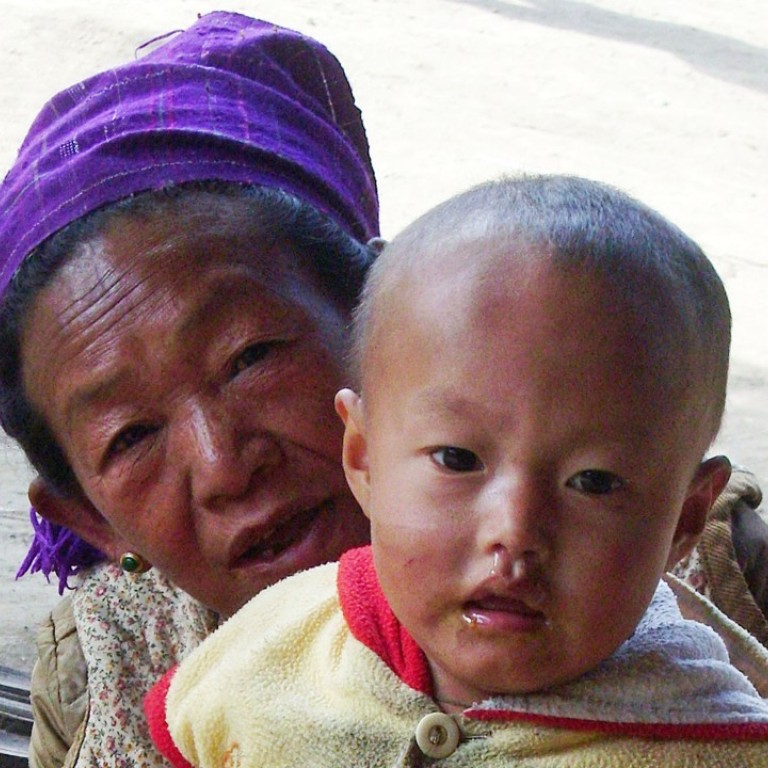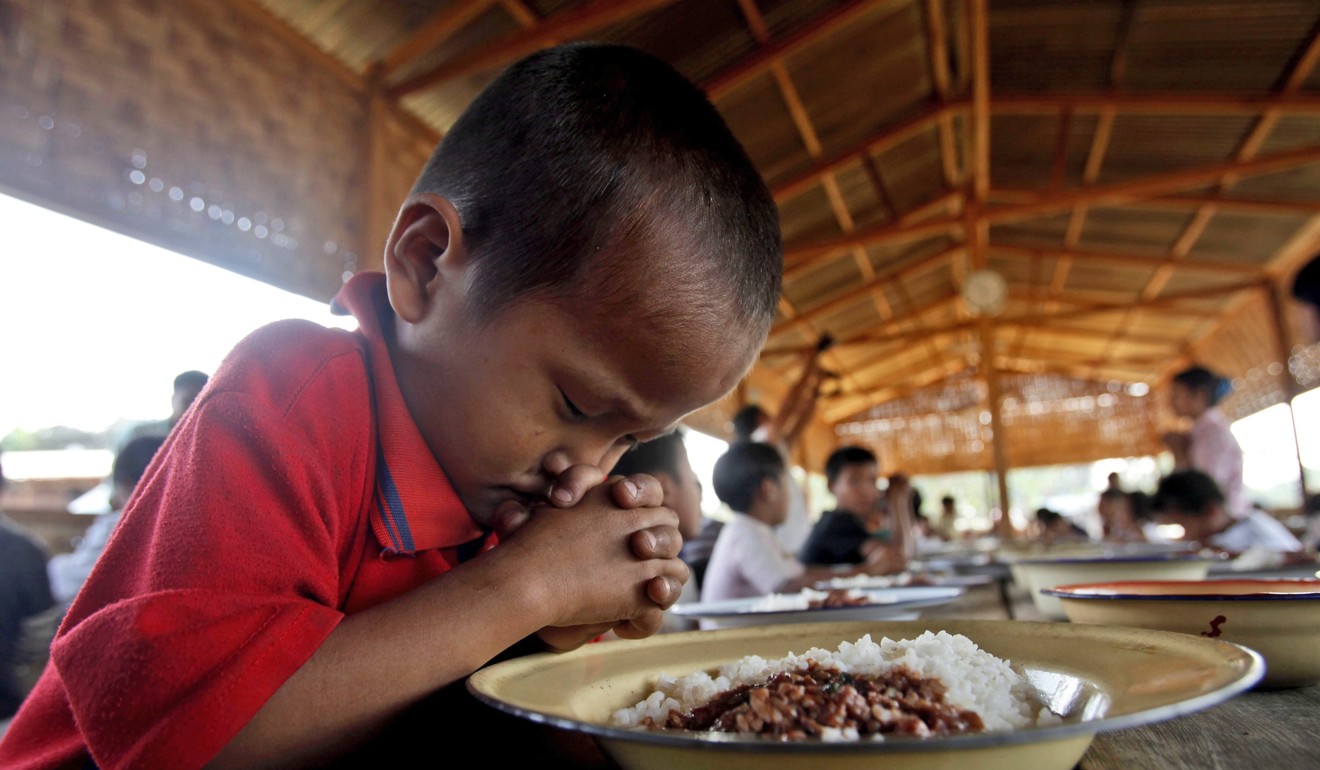
In China, thousands of Myanmar women are forced into childbirth
- More than 7,500 women from Myanmar were in forced marriages with Chinese men in the past five years, according to a new study
More than 7,500 women from Myanmar have gone through forced marriages with Chinese men in the past five years, a new study has found, with most coerced into bearing children with their husbands.
The slave who took on Hong Kong |
The study, which was presented in Bangkok on Friday, found that Myanmese women are increasingly at risk of trafficking, including into forced marriage.
In the past five years, about 106,000 female migrants returned from China to Myanmar. Some 5,000 returnees went through forced marriages with Chinese men and 2,800 were forced to bear a child.
Among those still living in China last year – about 65,000 women – 2,500 were in forced marriages and 2,300 were forced to have a child, the latest study shows.
There are about 34 million more men than women in China as a result of the country’s former one-child policy, fuelling bride trafficking from neighbouring countries such as Myanmar, Vietnam, Cambodia and North Korea.
The latest research – considered the first of its kind to quantify the scale of the cross-border problem – was conducted in Kachin State and Northern Shan State in Myanmar, and Yunnan Province in China.
Although most of the international attention has focused on the plight of the Rohingya population in Myanmar’s West, an old civil war in the country’s North has continued to force thousands out of their homes. Over 120,000 people have been displaced by clashes between Myanmar’s military and ethnic armed groups in Kachin and northern Shan State in a conflict that resumed in 2011.
The findings of the new study highlight the dilemma faced by more than 5,000 mothers forced to bear a child, with many feeling unable to leave their marriage regardless of their treatment by their Chinese husband.

“He doesn’t have a good attitude. But he is the father of my child, so I am staying,” said a Kachin woman, 48, quoted in the report. “We are struggling in a difficult situation. He would have an affair, use opium and beat me as well.”
Robinson said that some women had also been used as a vessel to bear a child and then forced out of the household.
“Victims of forced marriage suffer a range of rights violations and exposure to physical and psychological risks … But they often don’t ask for help because many are afraid of getting arrested by the police, they can’t speak Chinese and have no documents,” he said, highlighting the need for support services for victims.
An independent researcher in Myanmar, Ja Seng Ing, who did not contribute for the study, noted that female refugees and internally displaced Kachin are particularly vulnerable to human trafficking.
There are over 100 camps in Kachin State alone.
“In the past, many cases were based in deception of women who had been promised a job in a Chinese factory, for instance, and they ended up in a forced marriage,” she said. “But now there are also many who are willing to take the risk. They see these marriages as the only way out of poverty and the only way out of the camps holding internally displaced people. They feel hopeless and they are often discriminated against even if they are able to get a job.”
The report calls on Beijing to give those fleeing violence between the Myanmar military and ethnic rebels safe refuge and humanitarian aid in China, and strengthen and enforce laws against forced marriage, forced childbearing and trafficking.
We are struggling in a difficult situation. He would have an affair, use opium and beat me as well
It says Myanmar must introduce policies to protect migrants, including issuing identification documents, which would enable them to apply for travel passes and work authorisation in China.
The study’s authors also call on Yangon to “work to end the armed conflict in Kachin State and Northern Shan State, which has heightened levels of violence and increased levels of impoverishment, further spurring survival migration into China”.
From Vietnam, without love: the child brides of China
For the latest study, researchers surveyed 400 women aged 18 or older at 40 sites between June 2017 and April 2018. Community-based estimates of female migrant populations were used in conjunction with the findings from household surveys to calculate the number of victims of forced marriage, forced childbearing and trafficking.
The average age of the women interviewed was 26.
“We are not saying ‘close the border’. This is not about sealing the border to stop the problem,” Robinson said. “This is about managing migration in such a way that people have the right to move, seek work, marry who they choose – but only who they choose, not someone who has been chosen for them. And making sure that the legal instruments are there to protect people who are trafficked.”

